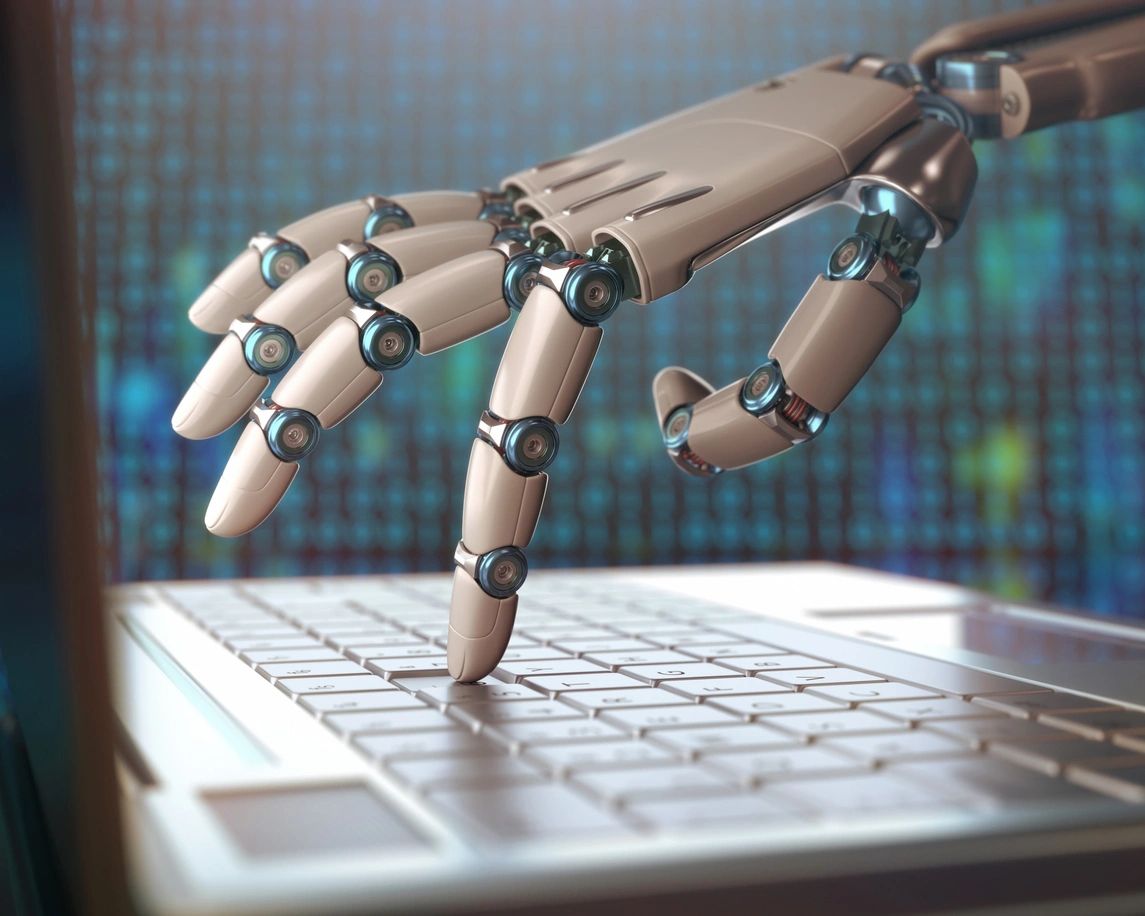
Artificial Intelligence (AI) technology continues to evolve at an unprecedented pace and many people are concerned about the potential impact on their jobs and careers, myself included.
While it’s true that AI has already begun to automate some jobs and tasks traditionally done by humans, there are still many roles that require uniquely human skills and qualities. In this post, I’ll discuss some of the types of jobs that are less likely to be taken over by AI and how you can prepare for your future career.
- 1. Healthcare Professionals
One of the most significant advantages that humans have over AI is our ability to understand and empathize with others. That’s why healthcare professionals, such as doctors, nurses, and therapists, are unlikely to be replaced by AI anytime soon. Healthcare professionals require a high level of emotional intelligence, critical thinking, and decision-making skills, which are difficult to replicate through AI. While AI can be helpful in diagnosing and treating certain conditions, it’s not yet advanced enough to replace human healthcare professionals entirely.
If you’re interested in a career in healthcare, there are many different roles to consider, from nursing and physical therapy to medical research and public health. To prepare for a career in healthcare, consider studying biology, chemistry, and other sciences in high school and college. You’ll also need to earn a degree in a healthcare-related field and complete any necessary licensing requirements to practice in your chosen field. This is one of the fields I’ve always considered getting into and so it will be something I’ll be looking into as well.
2. Teachers
Teaching is another profession that requires uniquely human skills, such as creativity, adaptability, and empathy. While AI can certainly assist with certain aspects of teaching, such as grading and assessment, it’s not yet advanced enough to replace human teachers entirely. Teaching requires a high degree of creativity and adaptability to different students’ needs, making it challenging for AI to replace human teachers.
If you’re interested in a career in teaching, you’ll need to earn a degree in education and complete any necessary licensing requirements to teach in your state. You may also want to consider getting a master’s degree in a specialized area of education, such as special education or school counseling, to expand your career opportunities.
3. Social Workers
Social workers are professionals who help people deal with a variety of emotional and social issues, such as poverty, addiction, and mental health problems. Social workers require a high level of empathy, emotional intelligence, and interpersonal skills, which are difficult to replicate through AI. While AI can certainly assist with certain aspects of social work, such as data analysis and record-keeping, it’s not yet advanced enough to replace human social workers entirely.
If you’re interested in a career in social work, you’ll need to earn a degree in social work and complete any necessary licensing requirements to practice in your state. You may also want to consider getting a master’s degree in social work to expand your career opportunities and specialize in a particular area of social work.
4. Artists and Creatives
Artistic pursuits, such as music, painting, and writing, require imagination, creativity, and originality, which are difficult to replicate through AI. While AI can certainly assist with certain aspects of artistic production, such as generating musical melodies or painting digital images, it’s not yet advanced enough to replace human artists and creatives entirely.
If you’re interested in a career in the arts, there are many different paths to explore, from fine art and music to creative writing and filmmaking. To prepare for a career in the arts, consider taking art classes in high school and college, attending workshops and conferences, and building a portfolio of your work to showcase to potential employers or clients.
5. Tradespeople
Jobs that require manual dexterity, such as plumbers, electricians, and carpenters, are also less likely to be replaced by AI. Tradespeople require specialized skills and knowledge that can only be gained through hands-on experience and apprenticeships. While AI can certainly assist with certain aspects of trade work, such as project planning and design, it’s not yet advanced enough to replace human tradespeople entirely.
If you’re interested in a career in the trades, there are many different paths to explore, from plumbing and electrical work to carpentry and HVAC installation. To prepare for a career in the trades, consider taking vocational classes in high school, pursuing an apprenticeship or vocational training program, and obtaining any necessary certifications or licenses to practice in your chosen field.
Preparing for the Future of Work
While these are just a few examples of jobs that are less likely to be taken over by AI, it’s essential to recognize that the job market is constantly evolving, and no job is entirely safe from automation. Therefore, it’s important to be proactive and prepare for the future of work by developing a broad range of skills and staying up-to-date with emerging technologies and trends.
Here are some steps you can take to prepare for the future of work:
- Develop a Growth Mindset:
- Embrace lifelong learning and develop a growth mindset that focuses on continuous improvement and adaptation. Be open to new ideas and technologies, and always be willing to learn new skills.
- Develop a Broad Range of Skills:
- Rather than specializing in a single area, develop a broad range of skills that can be applied across different industries and job markets. This might include skills like critical thinking, problem-solving, and communication.
- Stay Up-to-Date with Emerging Technologies:
- Keep current with emerging technologies and trends in your field by reading industry publications, attending conferences and workshops, and networking with peers and experts in your field.
- Embrace Remote Work and Collaboration:
- With the rise of remote work and collaboration tools, it’s more important than ever to be comfortable working in virtual environments and collaborating with colleagues from different locations and backgrounds.
- Have a Backup Plan:
- Finally, it’s always a good idea to have a backup plan in case your job or industry is impacted by automation or other factors. This might include developing skills in a related field, starting a side hustle, or pursuing additional education or training.
There’s no doubt that AI is drastically changing the landscape of work as we know it. But it’s important to remember that there are still many jobs out there that require uniquely human skills and qualities. By understanding which types of jobs are less likely to be taken over by AI, and taking steps to prepare for the future of work, you can increase your career opportunities and be better equipped to navigate the changing job market. I hope this post provides you with some great insights and gives you something to think about to get ahead of the changing times.
Remember to stay curious, adaptable, and proactive, and always be willing to learn and grow.





